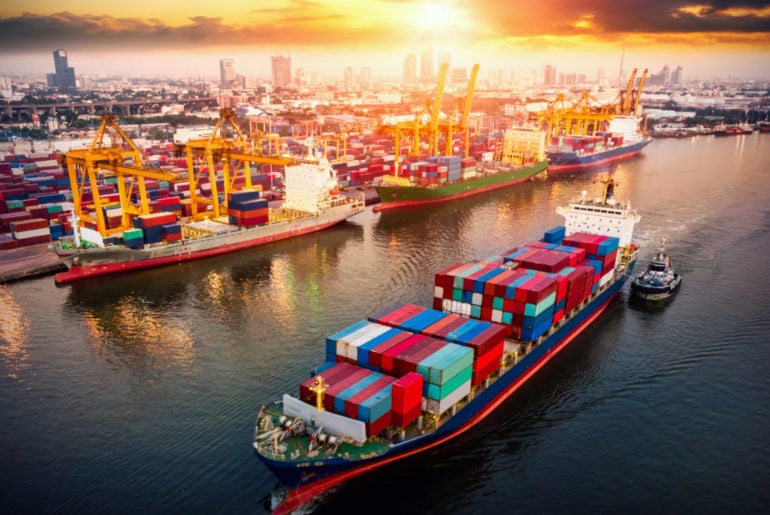The 14th edition of the Insurance Outlook, researched and written by our knowledgeable lawyers in the Insurance Practice Group, offers an overview of the insurance sector in Thailand and is intended as an informative digest of the insurance sector’s most prominent aspects based on the latest reported data.
Indonesia’s Consumer Protection Law generally takes a light-handed approach to protection of consumer interests. It generally seeks to lay out the principles for protecting consumers’ interests, leaving detailed regulations to the regulators and to industry self-governance. However, it does list specific types of clauses that are prohibited. Anyone who includes prohibited clauses in an agreement would be subject to the threat of criminal penalty of up to five years imprisonment or a fine of up to IDR 2 billion (around USD 130,000). Given these risks, it is crucial for any consumer-facing business to understand what types of clauses are actually prohibited and how it can ensure that it is compliant with these prohibitions.
The fourth session of Vietnam’s National Assembly XV, which is taking place between 20 October 2022 and 18 November 2022, comprises meaningful discussions and the approval of draft legislation. The meeting agenda covers 14 legislative projects, only seven of which will be passed; the other seven will have to wait until the next session (June 2023).
The Malaysian Government has introduced the Corporate Green Power Programme to encourage the adoption of green electricity amongst corporate companies in Malaysia. This new initiative will be in addition to existing initiatives such as the net energy metering scheme, self-consumption schemes and the green electricity tariff programme to bolster Malaysia’s renewable energy agenda and promote carbon reduction.
As an unfortunate consequence of the deterioration of the US-China relationship, more and more Chinese companies are divesting and exiting their US-based operations. In order to execute a smooth exit from US operations, Chinese companies should retain a good US financial adviser. Careful consideration should also be given to how the asset is packaged, preparing stand-alone audited financial statements, and optimizing the business for post-closing operations. Chinese companies should be prepared to use US law and engage in longer negotiations as a result. CFIUS-related requirements and risks should be understood during the early stages of the deal.
On 7 October 2022, the US Commerce Department’s Bureau of Industry and Security issued the much anticipated rules aimed at restricting China’s ability to obtain advanced computing chips, develop and maintain supercomputers, and manufacture advanced semiconductors. In addition to formalizing the licensing requirements included in the recent BIS “is informed” letters issued to certain US companies on related matters, the Rule imposes a wide range of new and enhanced restrictions targeting China’s advanced computing and semiconductor sectors.
Amidst the increased focus globally on respecting and protecting human rights, in a recent seminar organized in Thailand, the special advisor to the Prime Minister of Japan responsible for international human rights matters announced the adoption of the Guidelines on Respect for Human Rights in Responsible Supply Chains by the Government of Japan.
On 6 October 2022, the Health Sciences Authority issued an update on products found and reported by overseas regulators to contain potent ingredients that are prohibited and briefly explained the possible side effects of the potent ingredients. The update aims to increase awareness among the local population on the safety issues of such products overseas. To better protect local consumers from harmful products that can be found overseas and online, the HSA not only conducts local surveillance, but monitors overseas enforcement actions, and updates consumers on products that may pose a threat to public health.
The Hong Kong Securities and Futures Commission’s “Manager in Charge” regime, which aims to heighten senior management accountability within licensed corporations, came into effect in 2017. In a recent disciplinary action, the SFC has reprimanded and fined a licensed corporation HKD 1.75 million and banned its former MIC for Compliance for two months. The Subject LC is licensed under the Hong Kong Securities and Futures Ordinance to carry on Type 9 (Asset management) regulated activity.
After much buzz and anticipation in the Thai energy industry, the Energy Regulatory Commission has finally published (i) the official Regulations for Purchasing Electricity from Renewable Energy Sources under a Feed-in-Tariff Scheme between 2022-2030 for Power Plants with No Fuel Costs on 27 September 2022, and (ii) the official Invitation Notifications for Purchasing Electricity from Renewable Energy Sources under a Feed-in-Tariff Scheme between 2022-2030 for Power Plants with No Fuel Costs, specifying the bidding process and timeline of each type of renewable power plant on 30 September 2022. In keeping with Thailand’s commitment to increase renewable energy’s share in the country’s overall power mix to at least 50% by 2050 and achieve carbon neutrality and net-zero greenhouse gas emissions by 2050 and 2065, respectively, the government will be accepting bids in November to purchase power generated from renewable energy sources in the years between 2024 to 2030.



